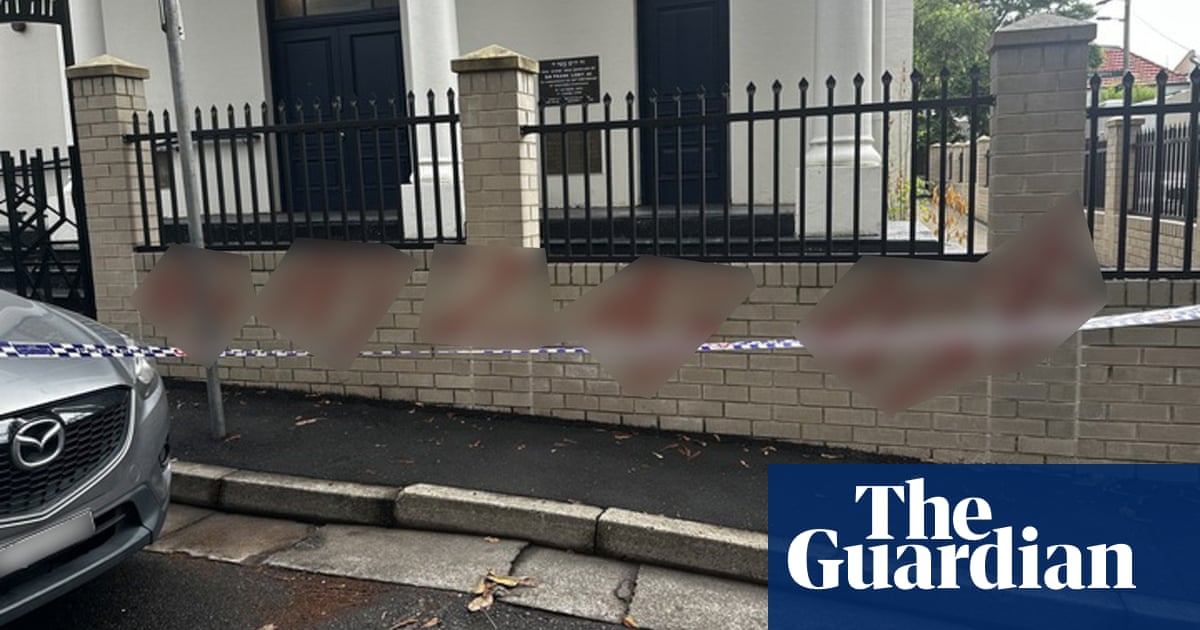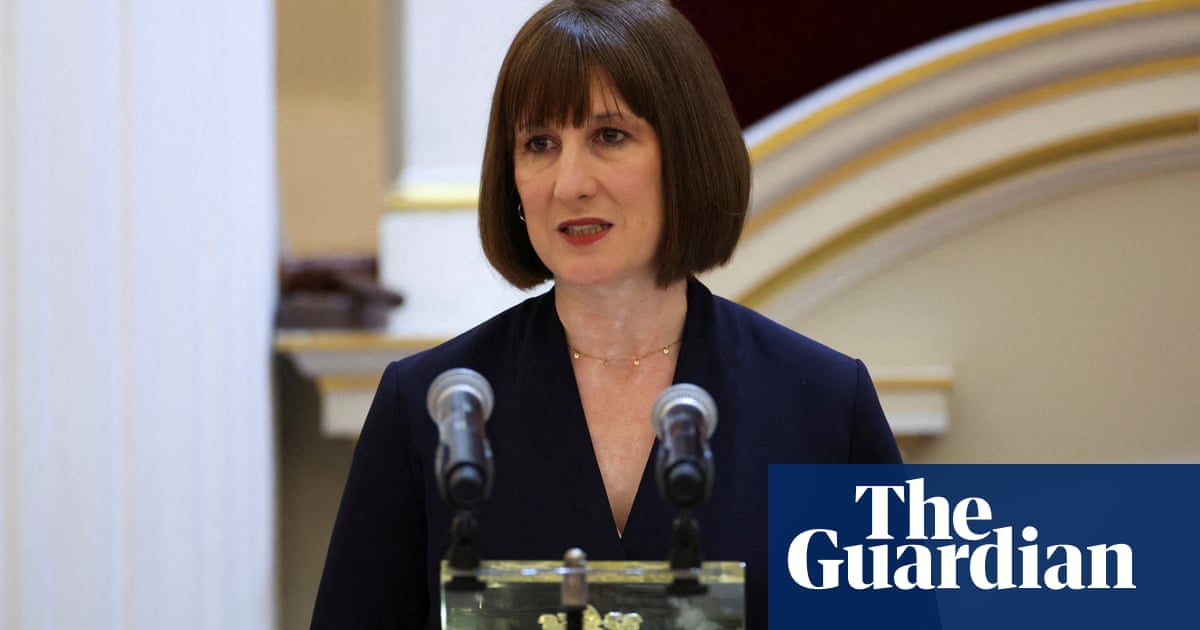As an Israeli airstrike killed at least 30 people in a northern Gaza residential block, Pope Francis called for an investigation into whether genocide is being carried out under the cover of war. The staggering death toll in Gaza – an estimated 44,000 Palestinians, mostly women and children – underscores the urgency of his call for accountability. While the pope has criticised Israel’s war before, this marks his first public call for a deeper investigation of the conflict ignited by Hamas’s 7 October attack last year that killed 1,200 people. Legal scrutiny of the conflict requires access to Gaza, which has been sealed off for 13 months in defiance of the the international court of justice’s calls to permit entry to investigate a “plausible genocide”.
The pope did not give a definitive judgment on whether the situation legally qualifies as the “crime of crimes”. Others, including noted scholars, have been less circumspect. A UN committee last week said that Israel’s actions in Gaza fit the definition of genocide, with widespread civilian deaths and harsh conditions deliberately forced on Palestinians. However, while the UN plainly stating its case might feel satisfying, it could backfire by further angering Israelis.
Numerous Jewish Israelis reject the label of genocide, though many are likely shielded from the full picture. The UN pointed out that Israeli media had reported the death toll of just about 1,000 Palestinian civilians, including fewer than 50 children, obscuring the broader reality. While a callous belief in collective punishment persists, it cannot erase the reality of war crimes. The question remains whether any court will hold Israel – or Hamas – accountable.
Last week, Human Rights Watch accused Israeli authorities of war crimes and crimes against humanity and of the “organized, violent displacement” of Palestinians. The report warned that if such actions were to become permanent, they would constitute ethnic cleansing. Meanwhile, concerns grow over the deliberate starvation of Gaza, and reports in Haaretz suggest the Israeli military plans to turn the enclave into occupied, fortified zones. With roads and bases now occupying a quarter of Gaza, the rising religious right in Israel is openly eyeing Palestinian land for settlement.
Donald Trump’s return to power bodes ill for both Palestinians and Israelis. For Palestinians, his early appointments signal little hope for allies in addressing their plight. For Israelis – particularly those striving for a nation free from ruling over another people – hope also remains elusive. Before leaving office, Joe Biden might urge the Israeli prime minister, Benjamin Netanyahu, to conclude the war in Lebanon, framing Iran’s weakened position as a justification for claiming victory. Yet, Mr Biden’s record of setting “red lines” that Mr Netanyahu repeatedly ignored casts doubt on his ability to wield leverage effectively.
Despite being Israel’s primary arms supplier, the US has failed to secure a ceasefire or hostage deal in Gaza, exposing Mr Biden’s lack of influence. Israel’s unchecked war has unified Arab and Iranian positions on Palestine – unthinkable under the first Trump White House – and fuelled the far-right minister Bezalel Smotrich’s push to annex West Bank settlements. Sanctioning extremists in the Israeli cabinet – a step supported by European allies – could help and would be difficult for Mr Trump to reverse. Ultimately, Mr Biden’s Middle East legacy risks being defined by the failure of the US-led international order to uphold its founding ideals, overshadowed by wars that undermine those very principles.

.png) 1 month ago
12
1 month ago
12













































